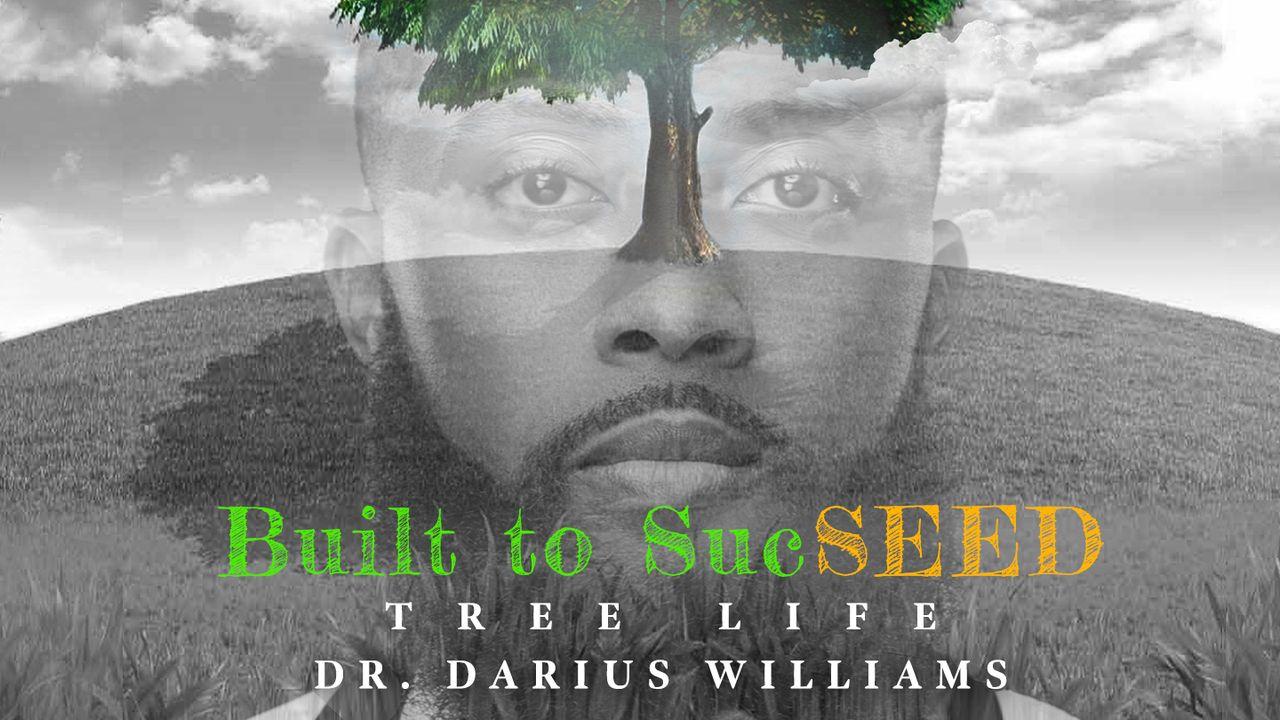Built to SucSeedSample

Day 8: What’s Growing in Your Garden?:
Welcome to day 8! Today, we will focus on the fruit that grows when we sow our finances in obedience and with patience to bless others.
The kingdom of God operates very much like a garden. What you sow is what you are going to reap. If you are not getting much out of life, it may be because you are not putting much into it. I believe the phrase is “You reap what you sow.”
The very first law to receive a harvest is planting a seed. This may seem like an obvious principle, but many Christians miss it. Too many Christians live their entire lives without understanding that giving (planting) finances is essential to receiving finances from God.
As Genesis 1:11 demonstrates, God created the tree with fruit: What’s interesting about a fruit tree is that it produces fruit, but the fruit is not for itself. A fig tree does not enjoy the figs. The figs are a by-product of the growth and nourishment of the tree, but the figs are not necessarily for the betterment of the tree. The tree's fruit can either (1) bless a human that eats it or (2) fall to the ground to produce more trees.
Taking cues from John 12:24, “Unless a kernel of wheat falls to the ground and dies, it remains only a single seed. But if it dies, it produces many seeds,” we see that God has blessed us, but not just for us. We must not be so selfish as to neglect to produce fruit on the earth. We are blessed to be a blessing to someone else who can, in turn, bring forth more fruit.
The fruit contains seed, and the seed contains more trees: God placed the seed of the tree in the fruit. A fruit tree that does not produce fruit will never produce more trees. A fruitless fruit tree can look strong, tall, and full of leaves, but it has no legacy because it failed to reproduce the seed it received to create itself. A fruitless fruit tree is selfish and a poor testimony. The true prosperity of the tree comes when the tree produces fruit for others to enjoy and for the reproduction of more trees.
In the cycle of sowing and harvesting, there’s a fundamental truth that often gets overlooked—the waiting period. Just as a farmer doesn’t plant seeds one day and expect a bountiful harvest the next, we, too, must understand the significance of patience in the process. Trees don’t grow overnight, and neither do you. Your walk with God is a process.
How does this apply to our finances? Well, first, it’s important to understand that your tithe is not your seed; it is your expected return to God from what He has allowed you to acquire. Unfortunately, many people halt their tithing when they don’t see an immediate harvest. Your offering that goes beyond your tithe amount is considered your seed portion. It is the part that is not expected of you to give, but you choose to give according to the measure of your faith. But we should remember that just as farmers tend to their crops over time; we must maintain our commitment to tithing for a proper financial harvest.
There is a biblical law that emphasizes the need to sow in proportion to our needs, not our lack. It’s during times when we face financial constraints that we should be the most generous in our giving. The Bible makes it clear that God can provide more than enough for our needs and leave us with an abundance to share joyfully with others.
In essence, these laws reflect the principles of patience, commitment, generosity, and faith. They guide us in understanding the seasons of sowing and harvesting, urging us to remain faithful even when our patience is tested.
Scripture
About this Plan

In the Built to SucSeed plan, author Dr. Darius Jerome Williams reminds readers of one of nature's most often neglected qualities—to teach us how to live the prosperous life that God intended.
More
We would like to thank Four Rivers Media for providing this plan. For more information, please visit: https://www.fourriversmedia.com/
Related Plans

The Promise of Light

Christmas in the Old Testament: Prophecy Fulfilled

All In, All Yours: Stepping Into God’s Peace and Promises by Heidi Lee Anderson

21 Days of Prayer and Fasting: Deeper

Sport Films + Faith: How Does God Speak Through These Movies?

With God, Truly ANYTHING Is Possible

A Mother’s Day Celebration of God’s Care

7 Habits of a Mature Disciple

The Results of a New Life in Christ
